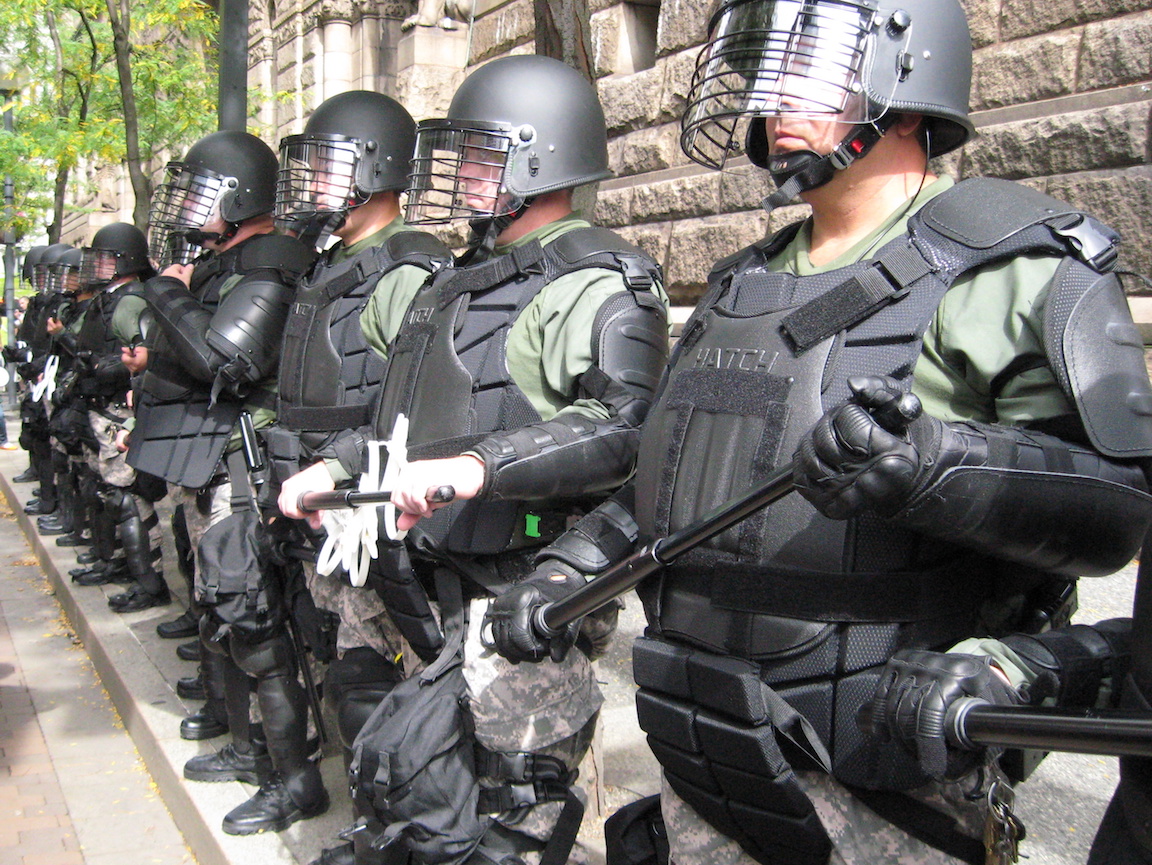Los Angeles Unified School District implements cellphone and social media ban
06/24/2024 / By Olivia Cook

The Los Angeles Unified School District’s (LAUSD) board decided to ban cellphones and social media use during school hours – with five board members voting in favor and two against. This ban, which will start in the spring of 2025, extends beyond the previous policy that only restricted phone use during classes and limited social media to educational purposes.
The decision follows a Pew Research Center survey revealing that 72 percent of high school teachers in the United States see cellphone use as a major classroom problem. The old policy, in place since 2011, has become ineffective with the rise of smartphones.
“Our students are glued to their cellphones – not unlike adults,” warned LAUSD board member Nick Melvoin, who supports the ban. “They’re surreptitiously scrolling in school, in class time. They have their head in their hands walking down the hallways. They’re not talking to each other or playing at lunch or recess because they have their AirPods in.”
“Excessuve cellphone use impacts adolescents mental health and well-being and is associated with increased stress, anxiety, depression, sleep issues, feelings of aggression and suicidal thoughts,” warned the LAUSD regarding research released supporting the ban. “Research indicates that limiting cellphone usage and social media access during the school day increases academic performance and has positive effects on student mental health.”
Parents voice safety concerns over school cellphone ban
Parents worry that a complete ban could endanger their children in emergencies. Melvoin acknowledged these concerns, emphasizing the need for better safety measures in schools. (Related: Parents and school officials of small Irish town unite to BAN SMARTPHONES for children as old as 13.)
“I think in emergencies and with parent communication, this is definitely where a lot of parents have expressed their concerns to me,” said Melvoin. “I think it’s such a tragic sign of the times, that this is what we initially think of. And we all need to do better in this country when it comes to gun violence prevention and keeping our students safe.”
The ban’s implementation may vary by school. Some schools might require phones to be kept in lockers, while others may use magnetic pouches. The district plans to develop a system to keep parents informed during emergencies. Additionally, there are concerns that non-English-speaking students might need apps on their phones as translation aides.
LAUSD School Board President Jackie Goldberg explained the straightforward plan: Students must store their phones at the start of the day – either in a locker or a pouch – and retrieve them when leaving.
Administrators hope the ban will enhance social interactions and reduce bullying. The LA Times highlighted a report from the Centers for Disease Control and Prevention indicating that 15 percent of U.S. high school students reported being bullied on school property and 16 percent experienced being bullied electronically via text or social media in 2021.
Learn more about the state of public education in the U.S. at PublicEducation.news.
Should cellphones be banned from schools? Watch this video.
This video is from the Daily Videos channel on Brighteon.com.
More related stories:
Meta intentionally got children and teens ADDICTED to social media to exploit them for profit.
How smartphone addiction affects brain function and mental health.
SURVEY: Majority of American teenagers feel happy and peaceful without smartphones.
Less drama and fewer distractions: Minnesota middle school students happier after smartphone ban.
Sources include:
LAUSD.org [PDF]
Submit a correction >>
Tagged Under:
banned, campus insanity, children's health, digital attachment, education, education system, Los Angeles, Los Angeles Unified School District, mental health, online dangers, parent rights, parental guidance, parenting, public education, school system, screen time, smartphone ban, social media ban
This article may contain statements that reflect the opinion of the author
RECENT NEWS & ARTICLES
COPYRIGHT © 2018 PUBLICEDUCATION.NEWS
All content posted on this site is protected under Free Speech. PublicEducation.news is not responsible for content written by contributing authors. The information on this site is provided for educational and entertainment purposes only. It is not intended as a substitute for professional advice of any kind. PublicEducation.news assumes no responsibility for the use or misuse of this material. All trademarks, registered trademarks and service marks mentioned on this site are the property of their respective owners.



















